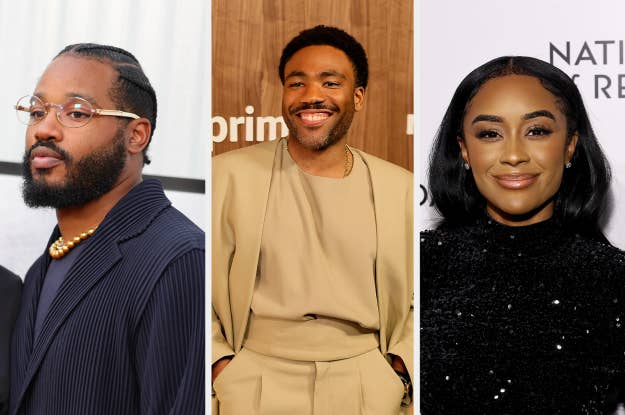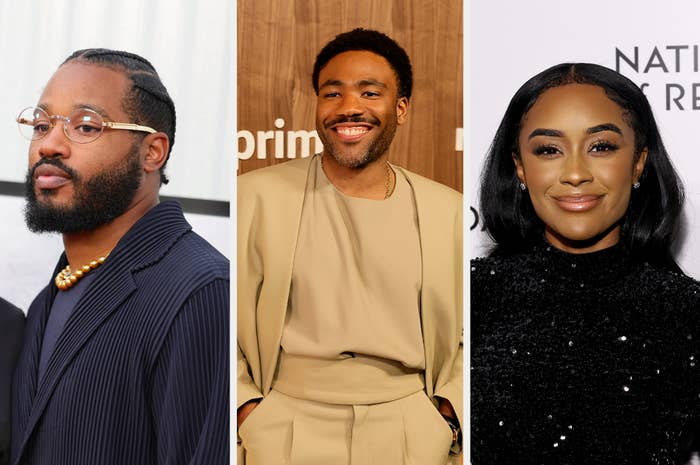
Black directors have long helmed some of the most seminal films released over the past century, and they’ve long been overlooked for all those films. To say Hollywood still fails Black creators at a systemic level would be an understatement. While the industry has marginally progressed for the better, the playing field isn’t even remotely close to actually being evened out, with there still being no Black Best Director winner at the Academy Awards to this day and the industry still halting Black creators, even ones who’ve already made landmark names for themselves, from reaching their full potential.
As awards season gears up, we’re taking a look at the current best Black directors in Hollywood who’ve managed to make history, break records, and define culture with their films. Some have been in the game for decades, while others have only recently debuted. Black directors remain criminally overlooked in the industry, but these 11 names are defining our generation, whether Hollywood’s ready to admit it or not.
A.V. Rockwell
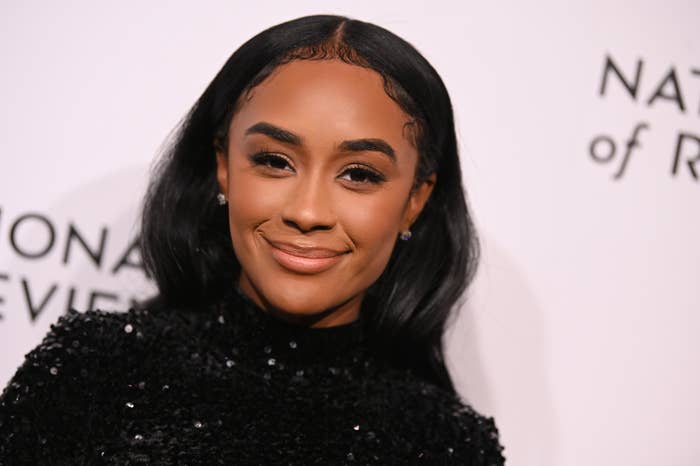
A.V. Rockwell burst into the scene in 2023 and quickly made a name for herself with only one feature film. Her directorial debut starring Teyana Taylor, A Thousand and One, was one of the year’s absolute standouts, pooling in a wave of nominations across the festival circuit and awards arena and winning the coveted Sundance Grand Jury Prize for best drama. Prior to A Thousand and One, Rockwell has only directed two short films. Her success with her feature directorial debut is an indication of her wild potential, talent, and future. You can expect to see her name tied to even greater projects in the future. And if you haven’t yet watched A Thousand and One, this is your sign to watch one of the most seminal directors of our generation in the making.
Antoine Fuqua
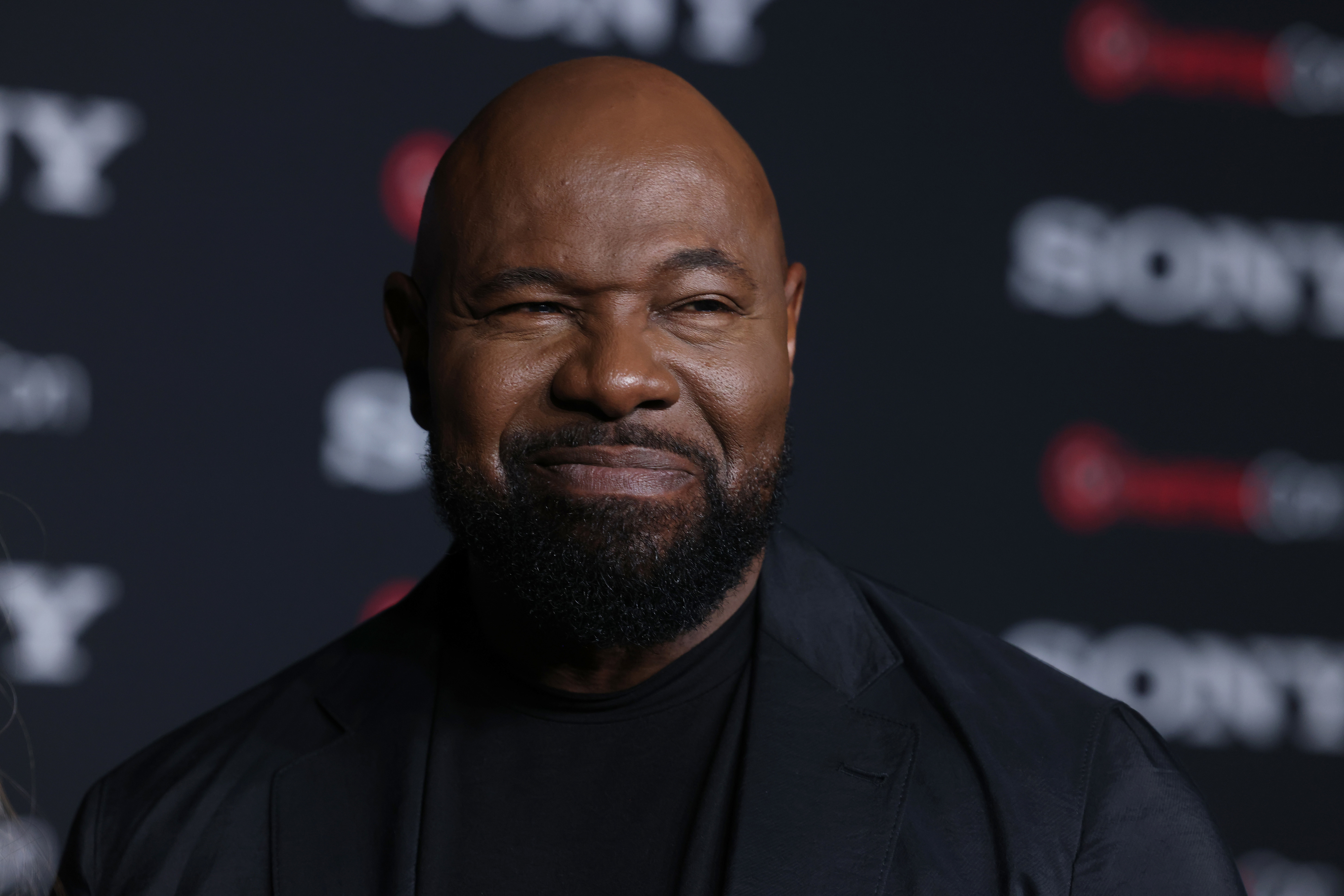
Antoine Fuqua is the king of blockbusters, helming a slew of box-office toppers from The Equalizer trilogy to Southpaw. Initially starting out as a music video director, Fuqua pivoted to film in 1998 and has spent the last few decades of his career (almost 30 years!) directing a roster of action flicks, thrillers, and dramas. His touch is versatile, with Fuqua comfortably switching between boxing rings, cross-continental spy missions, and even a 17th-century Louisiana, to tell larger-than-life stories that have audiences repeatedly invested. His upcoming biopic on Michael Jackson, slated for a 2025 release date, already has us at the edge of our seats. And knowing Fuqua, it’s going to be brilliant.
Ava DuVernay
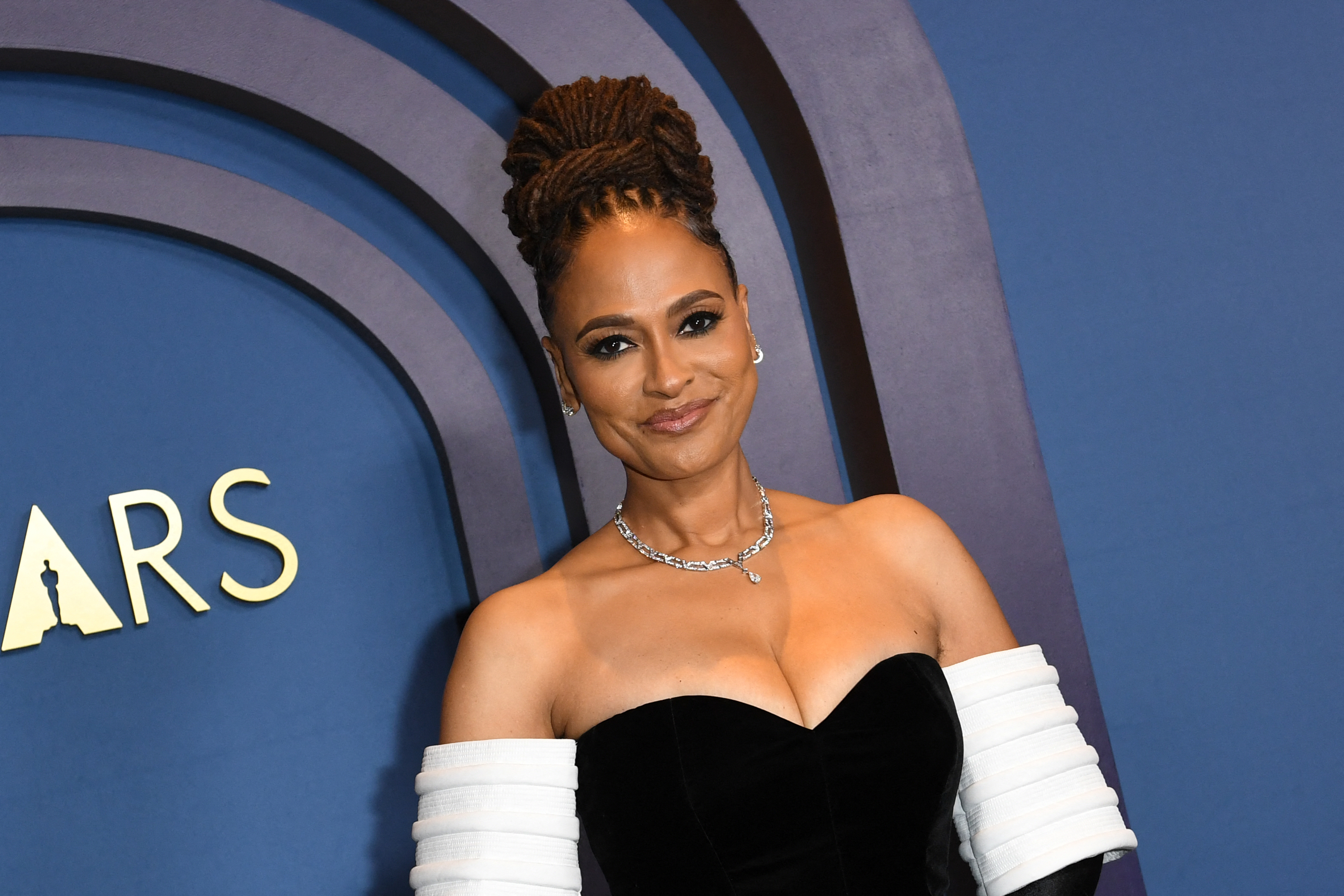
Ava DuVernay has been an absolute, pioneering force throughout her career, situating her work between the personal and the political and breaking one glass ceiling after the other. Ever since she became the first Black woman to win the director’s prize at the Sundance Film Festival, DuVernay’s career has included landmark after landmark, positing some of the most compelling films of the decade all while defining culture, history, and records. In 2014, she became the first Black woman to ever be nominated for Best Director at the Golden Globes for her biographical drama Selma. In 2018, she held the record for the highest-grossing film directed by a Black woman through A Wrinkle in Time (a record then surpassed by another director on this list, Nia DaCosta, five years later). And in case that wasn’t enough of a testament to her talent, two of her films have been nominated for Oscars, including a Best Picture nod for Selma and a Best Documentary nomination for her groundbreaking Netflix original 13th.
Both onscreen and off, DuVernay has been an outspoken figure bridging the gap between art and politics. While her impressive filmography stands on its own two feet, DuVernay also proved to be a force in television with her award-winning Netflix original When They See Us, quickly becoming one of the streamer’s best original works and most important releases to date, amassing a total of 16 Emmy nominations and 23 millions viewers in the first month of its release. DuVernay has arguably become a north star in her field, and currently stands as one of Hollywood’s most sought-after directors.
Barry Jenkins
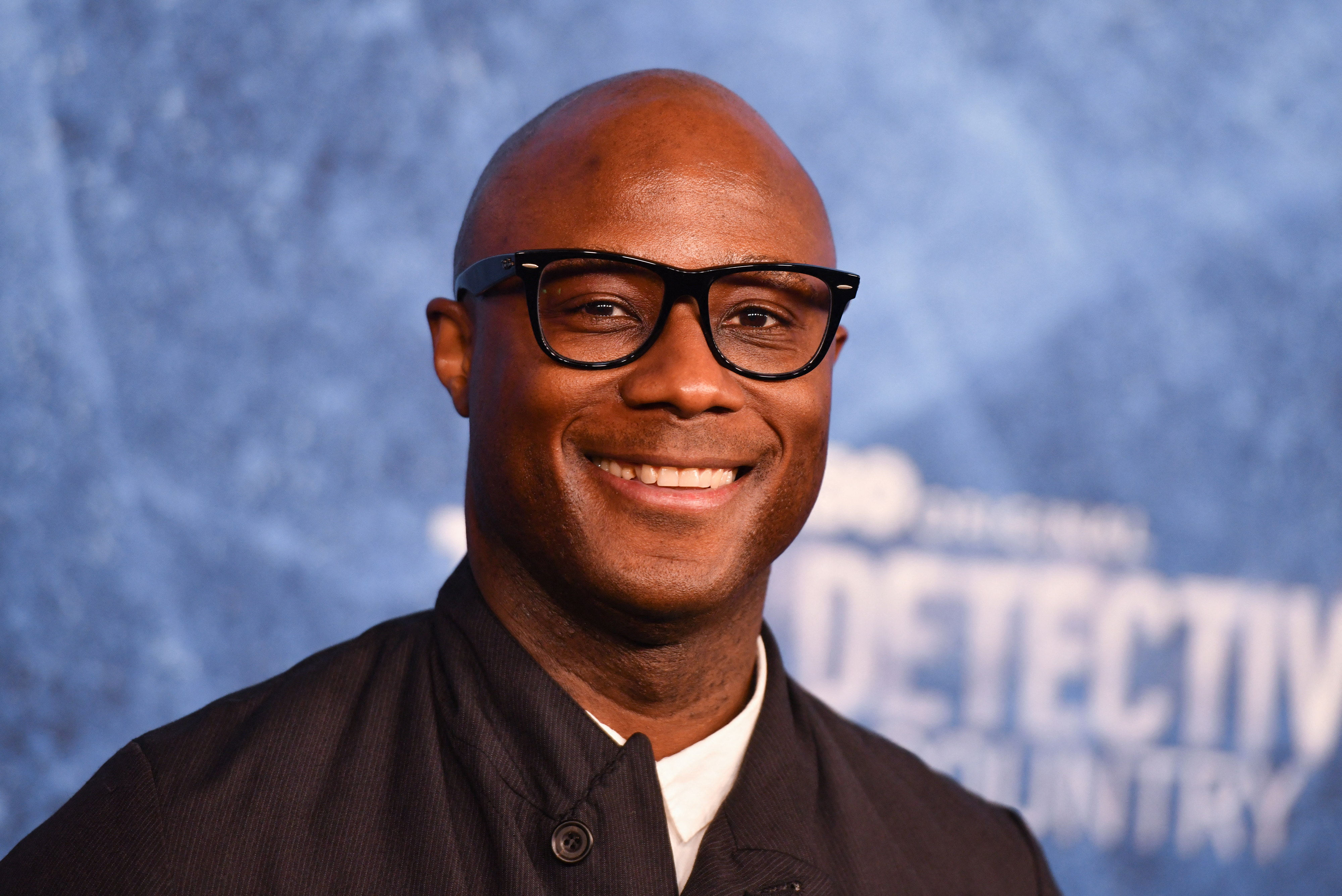
It’s no understatement that Barry Jenkins made history with Moonlight. The independent drama swept over the 2016 awards season thanks to its stunning direction, courtesy of Jenkins, and its heart-tugging portrayal of queer Black youth and the implications that bred from it. Through Moonlight, Jenkins became the fourth Black person ever to be nominated for Best Director at the Academy Awards and the second Black person to direct a Best Picture winner (following Steve McQueen). Before he was making history with Moonlight, though, Jenkins was proving his own force in the indie space, regularly making waves across the festival circuit and swiftly becoming a favorite to critics way before his big breakthrough. In 2017, Jenkins was listed in Time’s 100 most influential people in the world, and with one watch of his filmography, it doesn’t take much to see why. He regularly tells the stories of the untold to stark effect, whether through television, documentary, or film, and he’s set to make his feature return in 2024 through the musical drama Mufasa: The Lion King.
Denzel Washington
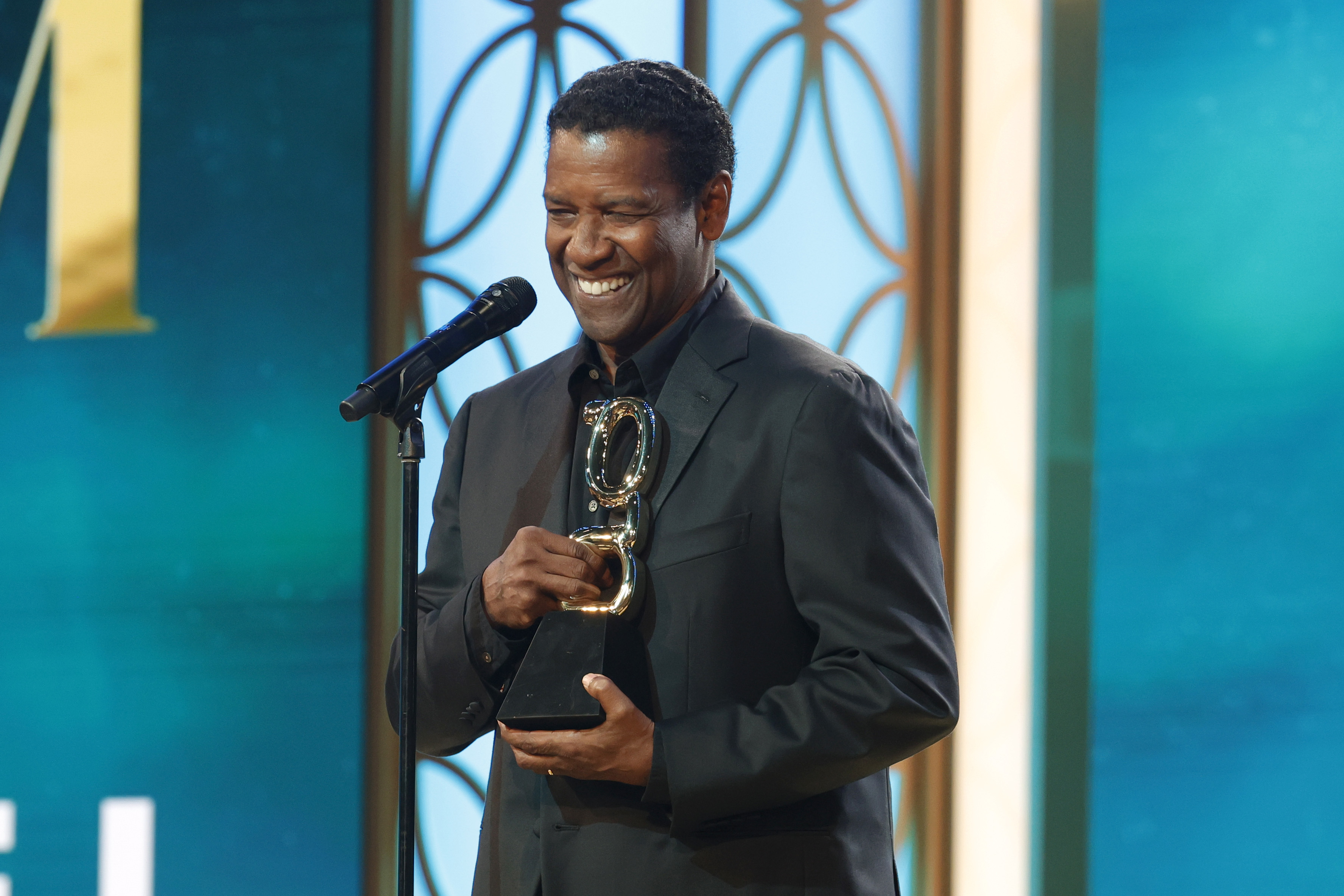
While Denzel Washington’s accolades as an actor precede themselves, his work as a director is criminally unsung. Throughout his career, Washington has proven to be a formidable force both onscreen and behind it, doubly serving as a producer and leading man for a slew of films and directing a roster of films that you have to see if you haven’t already. His directorial debut, Antwone Fisher, released in 2002 to a swarm of praise, swiftly becoming a festival and critic favorite. He’s continued to hone his directorial craft over the years, adding The Great Debaters, Fences, and, most recently, A Journal for Jordan to his filmography, and managing to balance it all with his acting work. As he and Spike Lee gear up for another collaboration, Washington’s creative work is only going upward from here.
Donald Glover
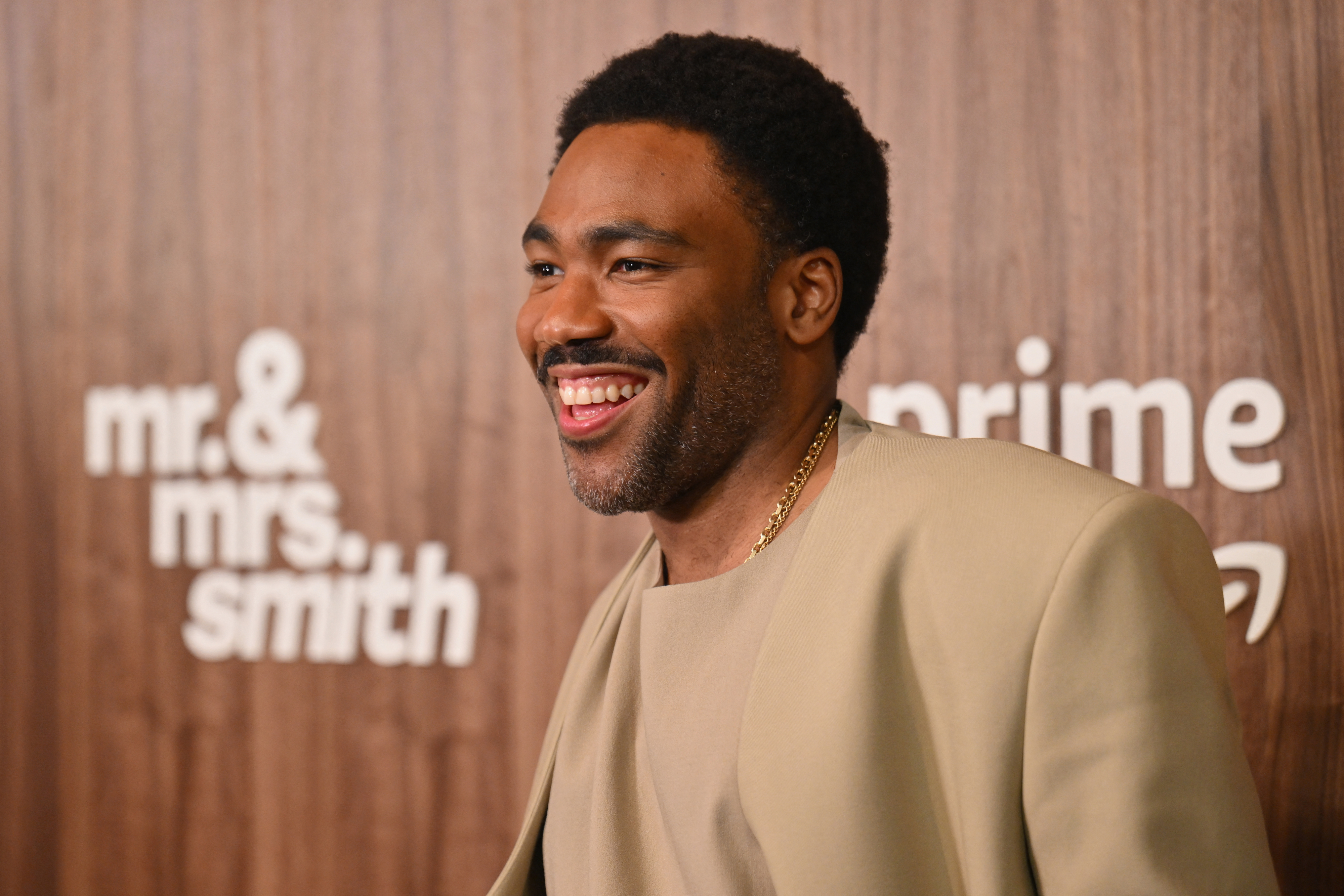
Donald Glover is by all means a jack-of-all-trades. Some might know him as Childish Gambino and others as Troy from Community. And most know him for everything all together. The actor, writer, rapper, comedian, producer, and director has spent the last 20 years of his career making a name for himself both onstage, onscreen, and behind it, creating some of the most beloved television shows like Atlanta and Swarm, and slowly bringing his directing chops into the mix. While Glover has famously served as a writer and showrunner, he also has directed a pool of episodes from the shows he helped helm, including nine episodes of Atlanta and Swarm’s pilot. Based on his writing and production credits alone, it’s clear that Glover is a masterful storyteller. It feels like his career trajectory is pointing to an imminent feature-length directorial debut, and based on everything we’ve delightfully seen so far, we already know it’s going to be excellent.
Jordan Peele
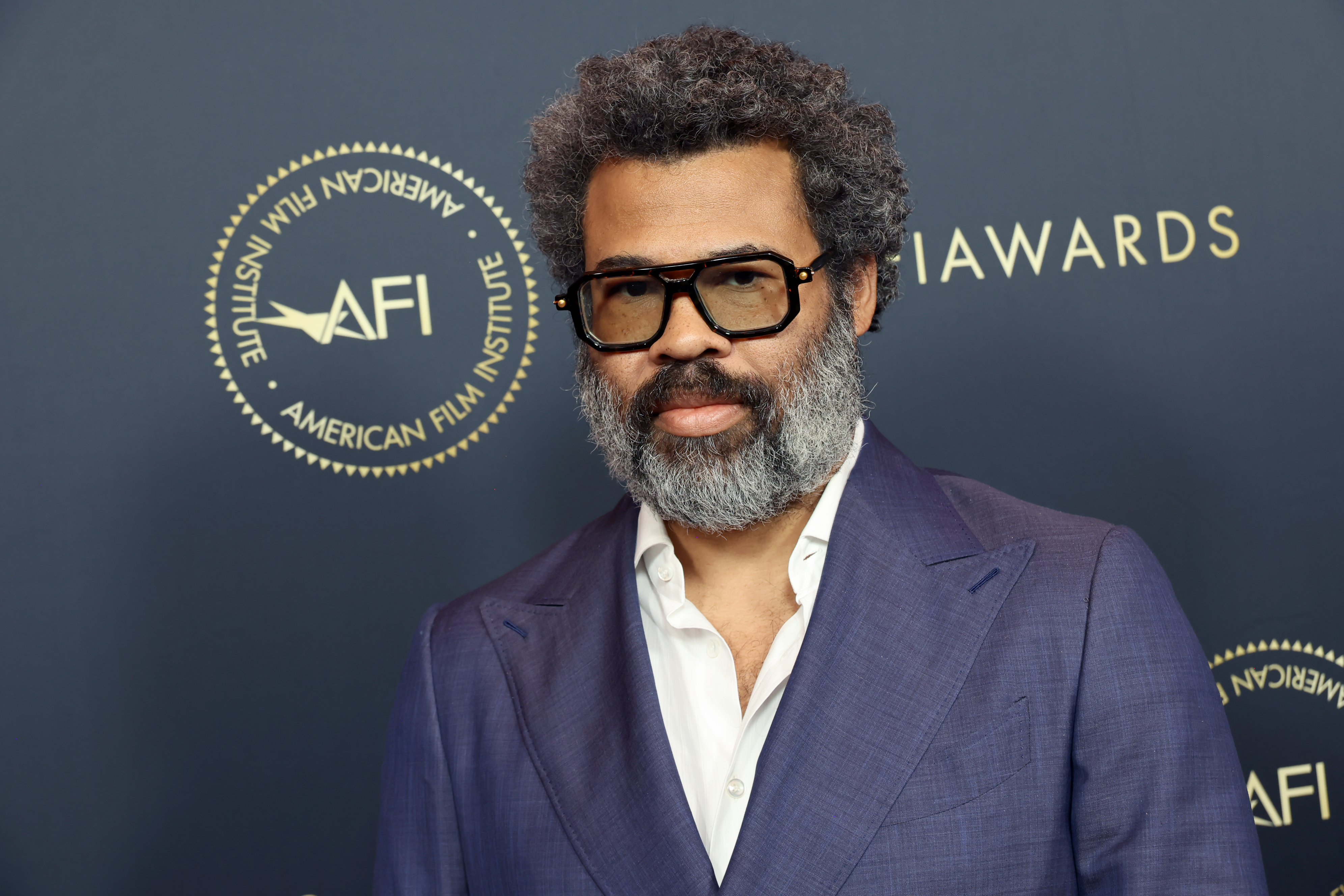
It’s rare for a director to be considered an auteur. And it’s even more rare to achieve that with only three feature films. And yet, Jordan Peele has managed to carve out his own lane, revolutionizing the horror genre and becoming one of the most critically acclaimed directors of our generation. Through Get Out, Us, and Nope, Peele proved that audiences could still go to theaters for original films if promised an exceptional story, and he has yet to disappoint. His filmography may be aesthetically unified, but each film is unique in its own exploration of themes and sometimes genre, with Nope quickly climbing up the ranks as one of the best creature features of the 21st century. Peele’s exceptional work as a director also trickles across to his work as a writer and producer, molding him into a full-fledged auteur of his own works and an ingenious patron through his company Monkeypaw Productions, which has helped produce some of the most provocative horror films of the last few years, including Nia DaCosta’s Candyman. So far, Peele has been nominated for four Academy Awards and won one for Best Original Screenplay for Get Out in 2017. But as his career continues to expand, that Best Director win should be coming soon.
Nia DaCosta
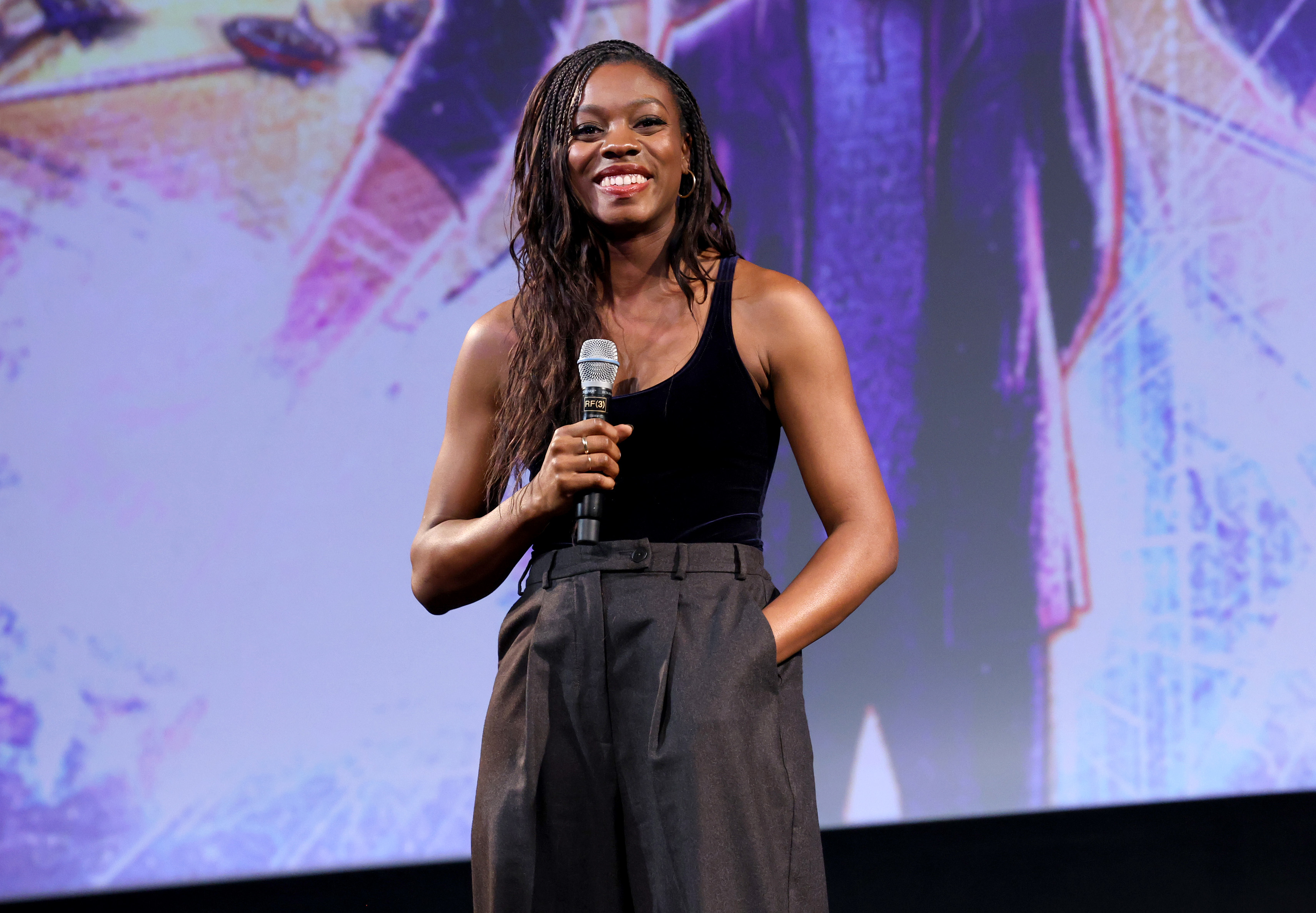
At only 34 years old, Nia DaCosta’s already ticked off a lot of historical firsts. In 2021, she became the youngest Black female director to hit number one at the box office for the opening weekend of her horror hit Candyman. In 2023, she officially became Marvel’s youngest director and the first Black woman to ever direct a film for the MCU through The Marvels. And to top it all off, The Marvels remains the highest-grossing film directed by a Black woman ever, surpassing Ava DuVernay’s A Wrinkle in Time. While DaCosta’s filmography may still be limited, it’s nothing short of mighty, as she’s already left a cultural (and record-breaking) footprint in only a matter of years. With her film adaptation of Henrik Ibsen’s Hedda Gabler underway, DaCosta is a surefire force to be reckoned with, and she’s only going onward and upward from here.
Ryan Coogler
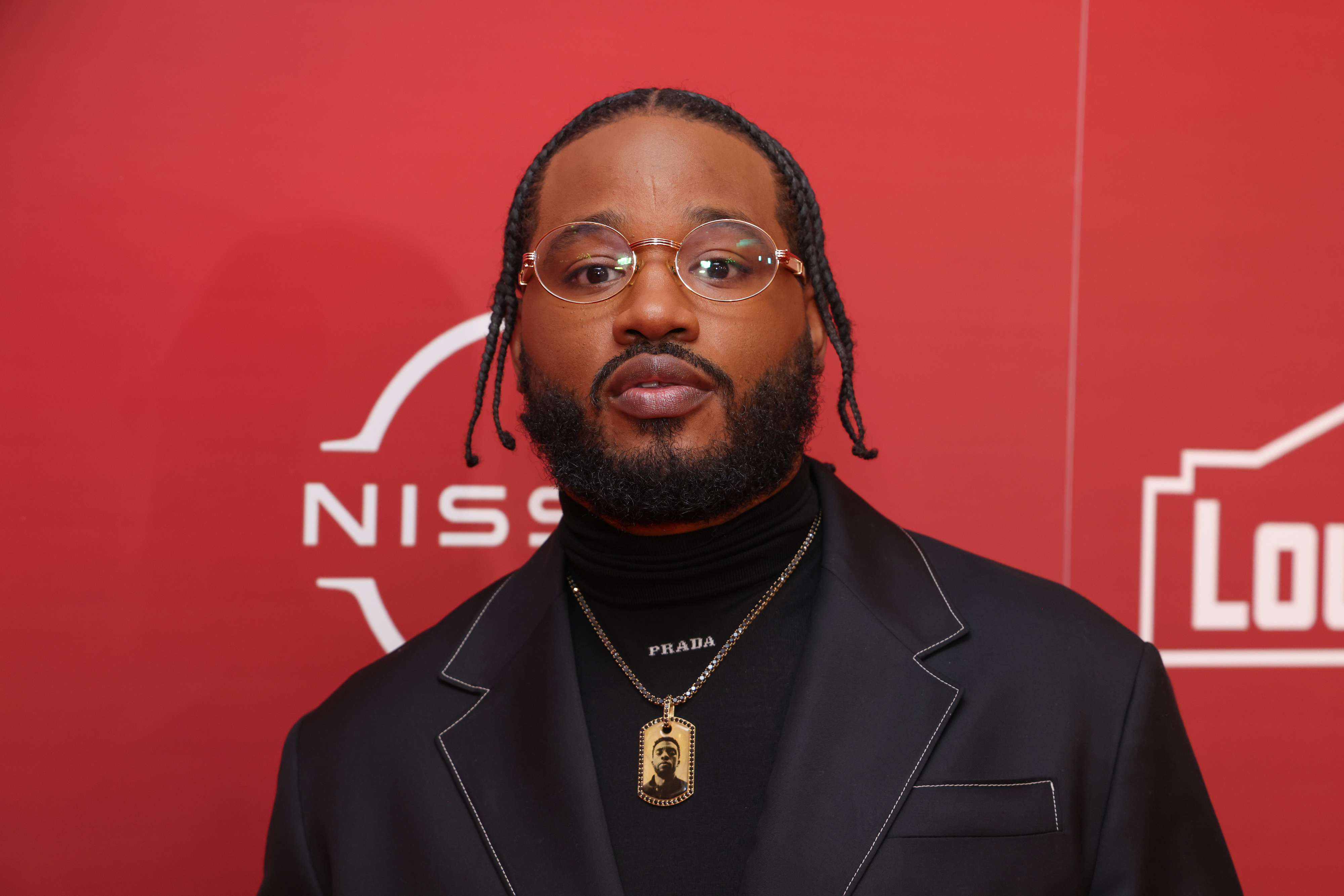
Following the breakthrough success of his feature debut, Fruitvale Station, in 2013, Ryan Coogler has quickly become one of Hollywood’s most profitable directors, carving out his own place in the franchise space and helming two of the most successful and acclaimed box-office gold mines, Black Panther and Creed. While franchises have always proven to be culturally relevant, Coogler takes the extra step by infusing his massive IPs with stories they wouldn’t often tell. Whether it was Black Panther: Wakanda Forever necessitating themes of grief and colonial history, or Creed reimagining Rocky’s late ‘70s American dream for a modern audience, Coogler’s stories pack on lessons as much as they do punches, and he’s one of the rare directors to bridge such a durable connection between action flicks and politics.
Black Panther continues to stand as the highest-grossing film by a Black director ever and one of the most seminal superhero films released in the past decade. And Coogler shows no signs of stopping anytime soon. His creative partnership with Michael B. Jordan is well up and thriving, and as the duo hint at future plans to come, we might be seeing legendary status in the making.
Steve McQueen
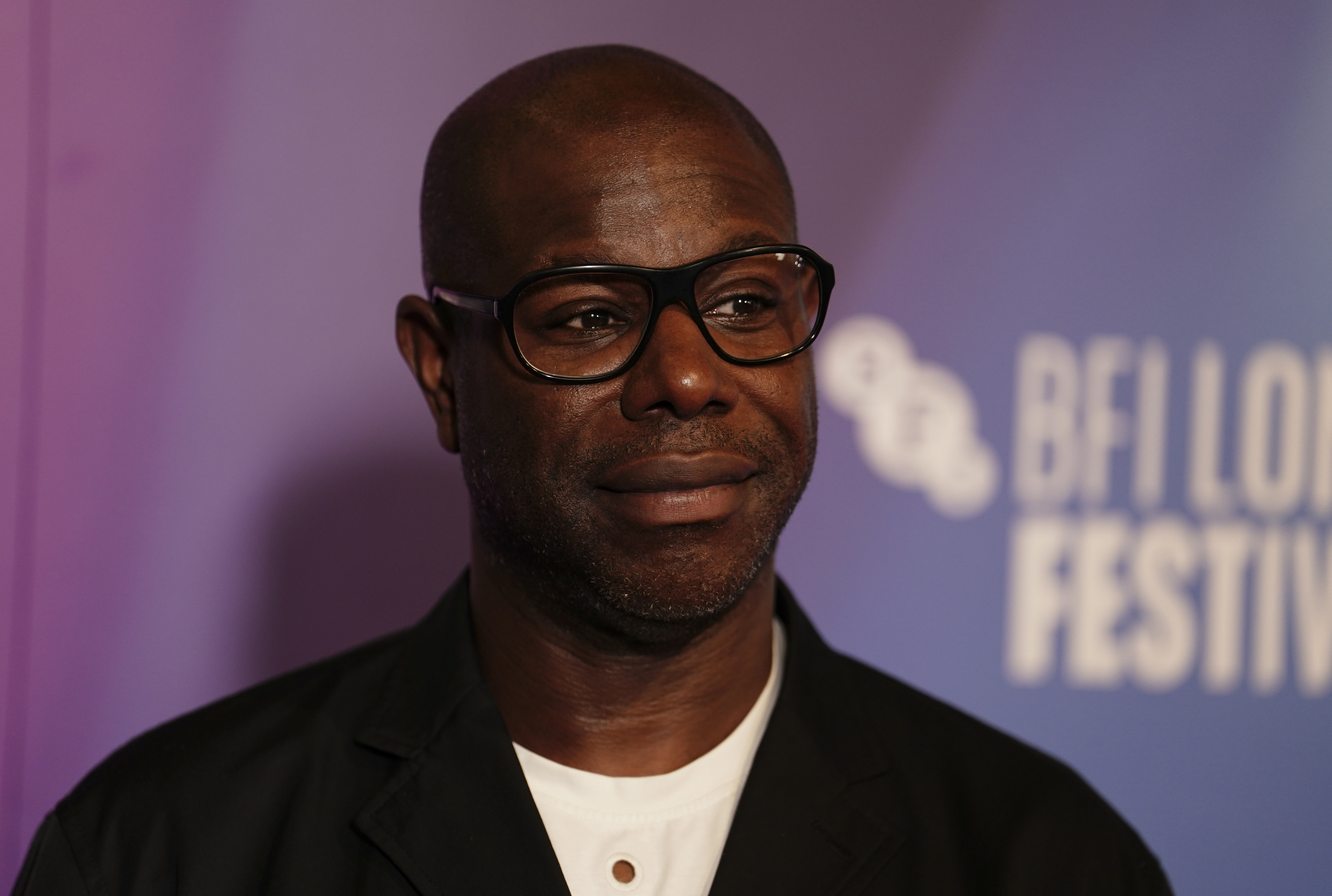
When you have a pool of such brilliant Black directors, it’s hard to believe that Steve McQueen was the first to ever direct a Best Picture winner. It’s even harder to believe that it happened in 2014, a good 86 years into the Academy’s history. Nonetheless, McQueen made history with the release of 12 Years a Slave. History that took way too long to happen? Yes, but a celebratory feat in and of itself, and a testament to McQueen’s roaring talent. Through 12 Years, McQueen not only made a household name of himself, but he also catapulted Lupita Nyong’o’s career, directing her first Oscar-winning performance in her first major breakthrough role. Apart from his standout film, McQueen’s filmography is an all-rounder, with his work regularly exploring political turmoil and bringing it forth through stunning dramas. The director is set to release a new feature, Blitz, starring Saoirse Ronan in 2024, a long-awaited comeback and one that’s sure to not be missed.
Spike Lee
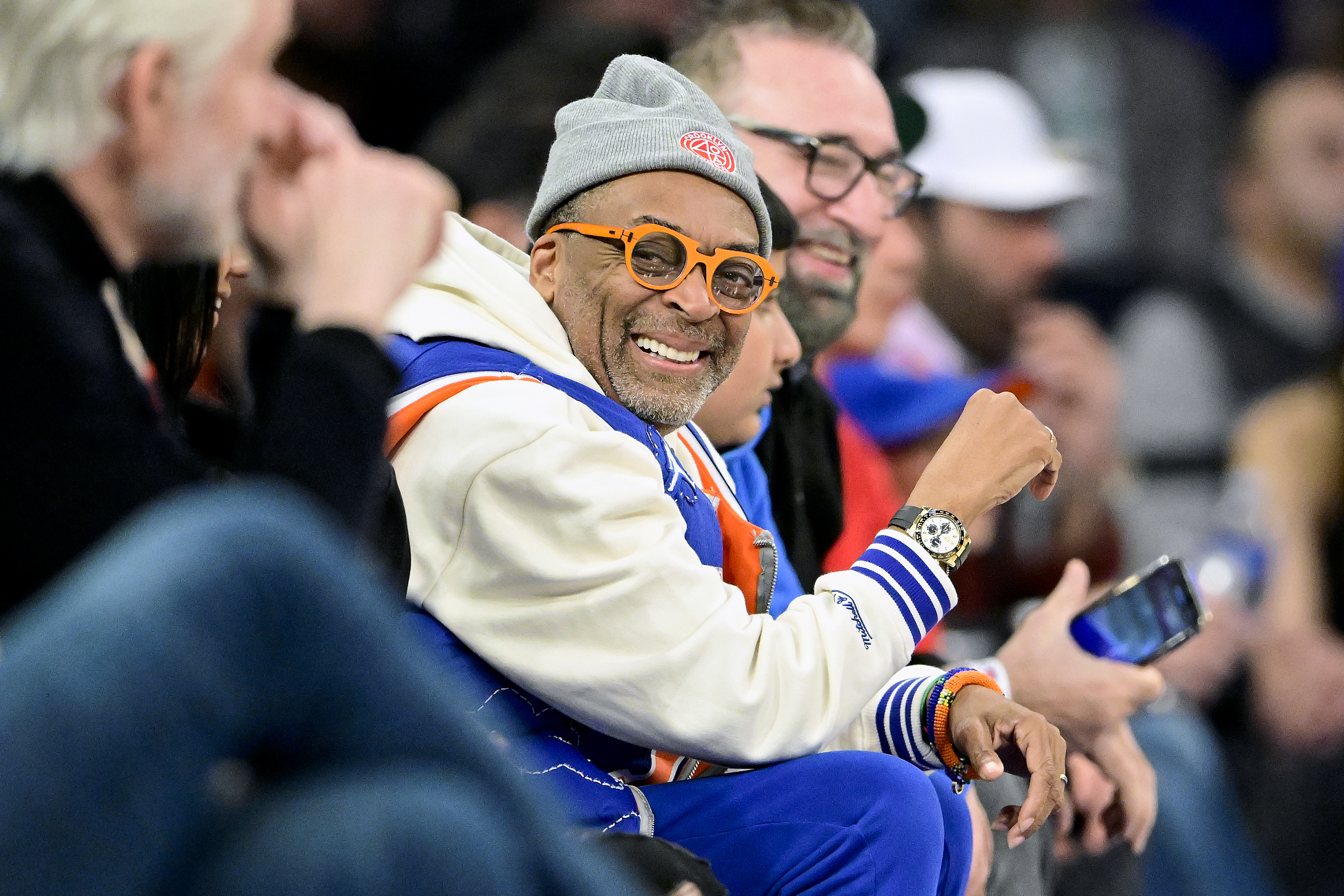
It’s reductive to praise Spike Lee as a hallmark in Black cinema when he’s one of the most seminal directors of our entire generation, period. Across his almost-50-year career, Lee has procured a slew of revolutionary films for cinema as a whole, from Do the Right Thing to BlacKkKlansman. With each decade, Lee has directed at least one critically acclaimed film that’s managed to shift culture and respond to it, consistently making films that feel as refreshing and as relevant as always. His work has made household names out of Denzel Washington, Laurence Fishburne, Samuel L. Jackson, and more, and he remains one of the most decorated Black directors ever with a slew of prestigious nominations under his belt, an Academy Honorary Award for his contributions to filmmaking, a Cannes Grand Prix award, and an Oscar.
While Lee’s legacy precedes itself, his praise is nowhere near where it should actually be. He only received his first Best Picture and Best Director nominations at the Oscars in 2019, a good 40 years into his career, which regurgitates a lot of what we know about the Academy’s bias and systemic failure toward Black creatives, but that still necessitates critique and anger. At this point, Lee exists amidst cinema’s greatest like Scorsese, Kubrick, Spielberg, and beyond, and it’s high time he gets the flowers he’s deserved since the ‘80s. In many ways, Black cinema would not be where it is without him, and cinema in general has greatly evolved thanks to his sole work.

